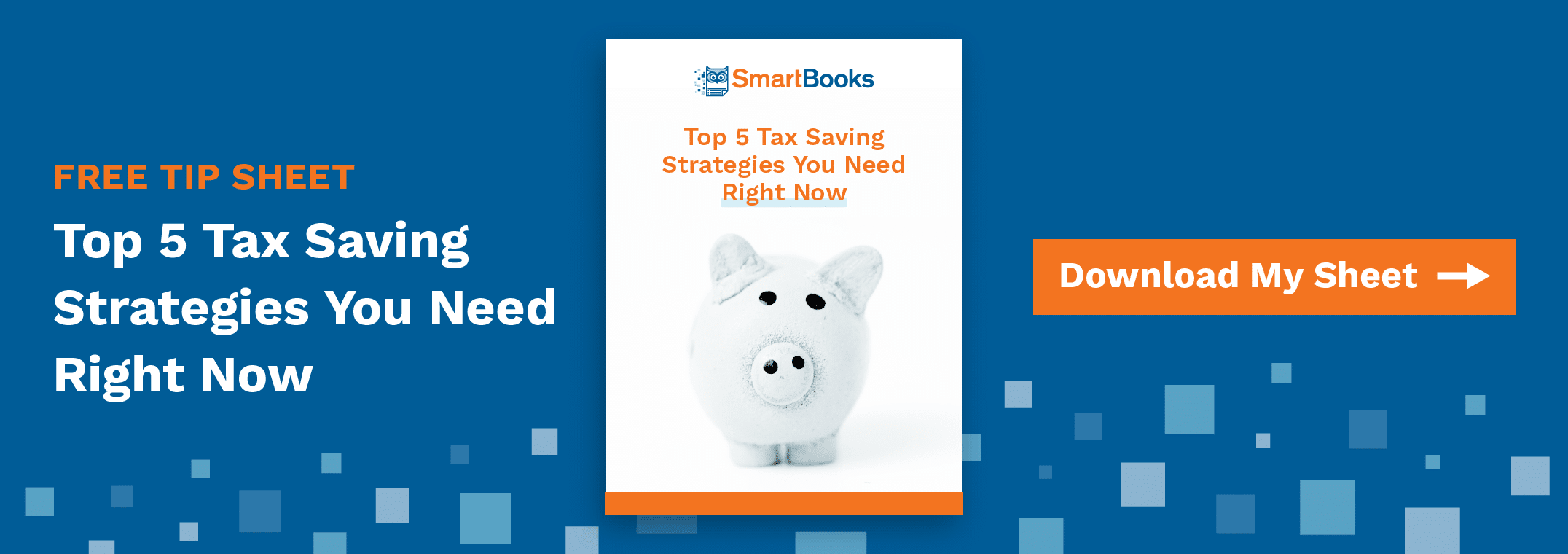Even though the ink from your 2018 tax return might still be fresh, it’s not too early to start thinking about 2019. Here are a few tips to put on your tax prep checklist to ensure you have a successful tax year.
1. Prepare for Quarterly Payments
Gather your estimates and set a reminder in your calendar. Didn’t get estimates? Ask your CPA if you should be paying taxes quarterly.
2. Inform Your CPA of Major Changes
Keep your CPA in the loop on any big changes throughout 2019. Bought a piece of equipment? Started a new business? Invested some money? Signed a new lease? We want to know about it before ringing in the new year. In fact, we want to know about it before you do it.
3. Connect Your Bookkeeper and CPA
Meet with your bookkeeper (or better yet connect your bookkeeper and CPA directly) prior to year end to review financials and ensure you are taking advantage of all your potential tax savings opportunities. Avoid that awkward conversation with your CPA in April when they tell you they could have saved you some money just by doing some simple tax planning.
4. Complete Your Year-End Close in January
Happy New Year, let’s do your taxes! Well, maybe not that soon, but by mid January you should be thinking about closing your books (many of our SmartBooks clients aim for the 15th of each month). A clean set of records will help your tax preparer spot the big stuff without having to worry about the dreaded “Ask my accountant” account. (And if you do in fact need to “ask your accountant” please see #2).
5. Be Prepared for a Q&A with your CPA
After sending your info to your CPA (the earlier the better) expect to hear back from them in a week or two with some additional questions. At that point a working draft of the return should be almost ready for you to review with your CPA.
6. Don’t Be Afraid to Ask Questions
Once you’ve reviewed the return, make sure you ask your CPA to explain anything that you don’t quite understand or would like some clarification on. Any good CPA should be able to explain something to you without devolving into legalese.
7. Submit Your Return
Make sure you sign your return and return the necessary pages back to your CPA, send in any payments, and pat yourself on the back. You’ve successfully completed your 2019 taxes! I know it’s sad that it’s over…but the good news is that you can start right away for 2020. Now let’s take it from the top!

